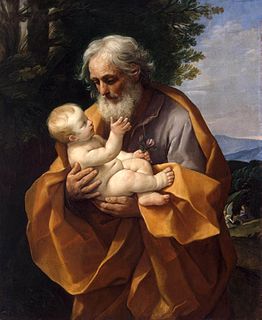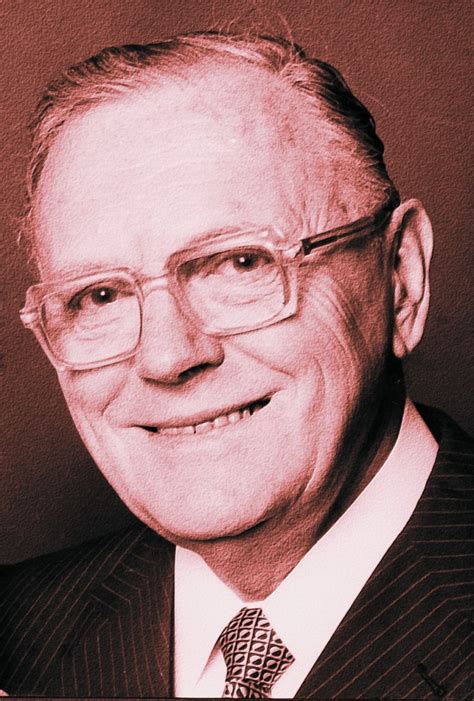A Quote by Swami Vivekananda
When we suffer, it is because of our own acts; God is not to be blamed for it.
Related Quotes
At some point, we have each said through our tears, “I’m suffering for a love that’s not worth it.” We suffer because we feel we are giving more than we receive. We suffer because our love is going unrecognized. We suffer because we are unable to impose our own rules. But ultimately there is no good reason for our suffering, for in every love lies the seed of our growth.
God has made us humans in God's own image. So therefore the highest way to talk about God is by some kind of analogy with ourselves. So, naturally, if we who are finite and sinful suffer in multiple ways because of sin and evil and the horrible things that happen in our world, how much more does God, who is infinite, sinless, and knows the totality of all that happens to everybody, suffer pain and heartache at the suffering of his human and non-human creation - and be angry at all that causes it?
I believe these stories exist because we sometimes need to create unreal monsters and bogies to stand in for all the things we fear in our real lives: the parent who punches instead of kissing, the auto accident that takes a loved one, the cancer we one day discover living in our own bodies. If such terrible occurrences were acts of darkness, they might actually be easier to cope with. But instead of being dark, they have their own terrible brilliance. . . and none shine so bright as the acts of cruelty we sometimes perpetrate in our own families.
Clearly, what God wants above all is our will which we received as a free gift from God in creation and possess as though our own. When a man trains himself to acts of virtue, it is with the help of grace from God from whom all good things come that he does this. The will is what man has as his unique possession
In order to find God in ourselves, we must stop looking at ourselves, stop checking and verifying ourselves in the mirror of our own futility, and be content to be in Him and to do whatever He wills, according to our limitations, judging our acts not in the light of our own illusions, but in the light of His reality which is all around us in the things and people we live with.
I hate how box office failures are blamed on an actress, yet I don’t see a box office failure blamed on men. I think a lot of the time in films, men get roles where they create their own destiny and women are just tools, supporters for that. I guess it’s because we live in a patriarchal society, where feminism is a dirty word.
Like Muslims we assume that God will judge us "on balance." If our good deeds outweigh our bad deeds, we will arrive safely in heaven. But, alas, if our evil deeds outweigh our good ones, we will suffer the wrath of God in hell. We may be "marred" by sin but in no wise devastated by it. We still have the ability to balance our sins with our own righteousness. This is the most monstrous lie of all.




































